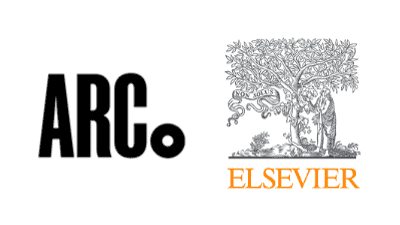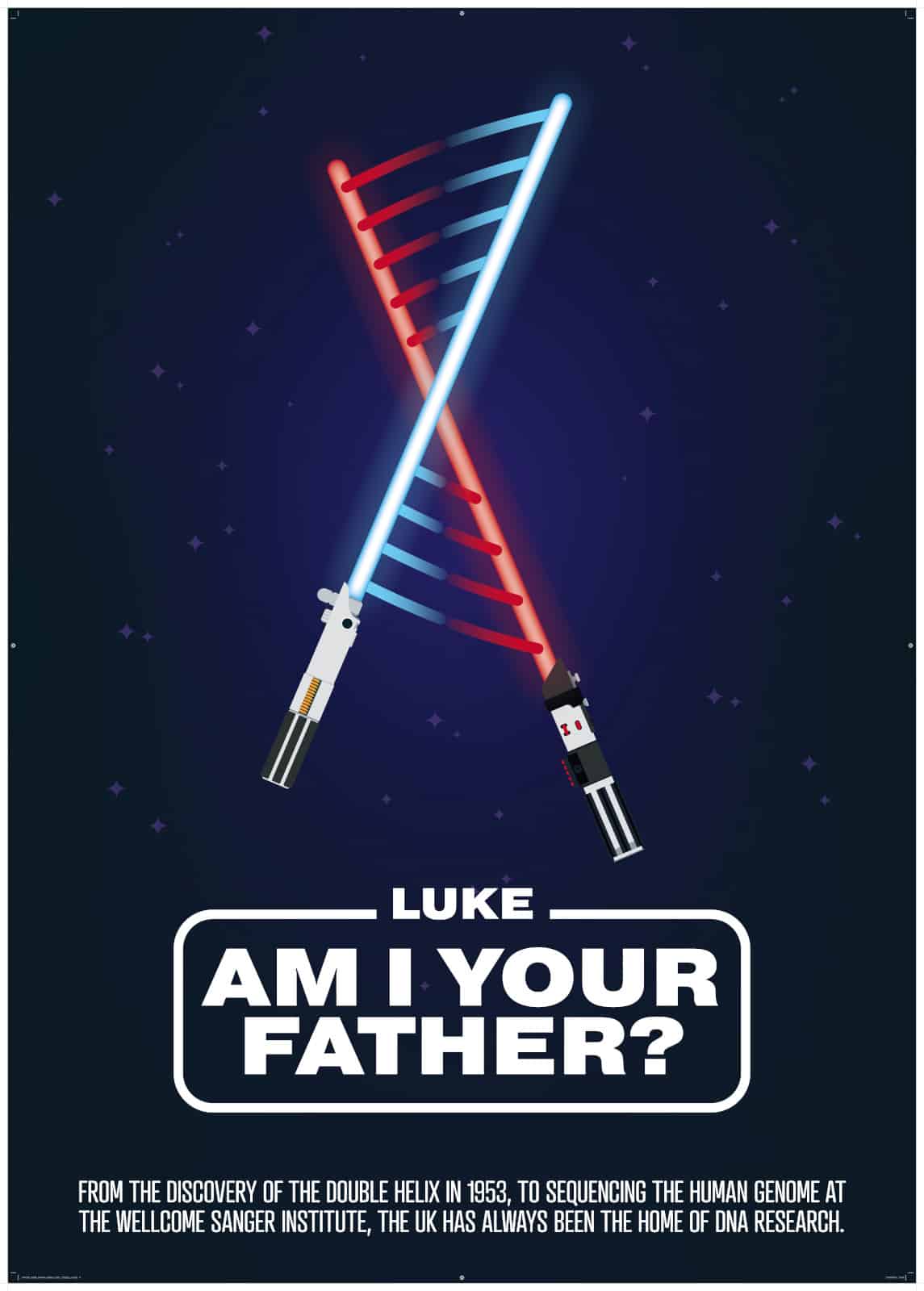
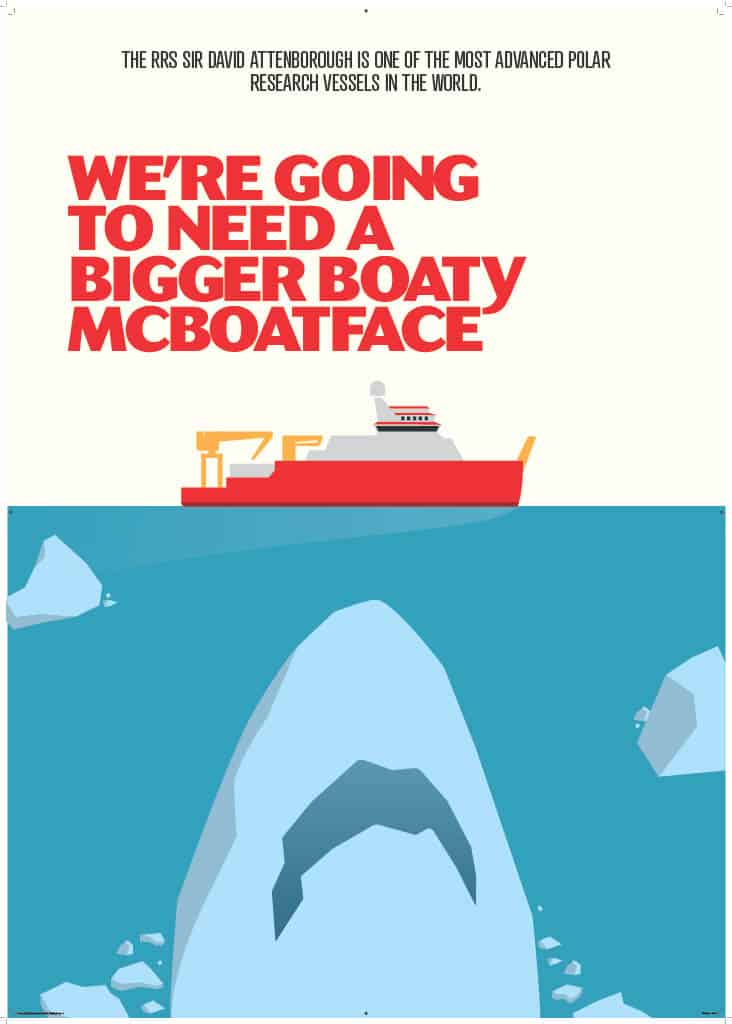
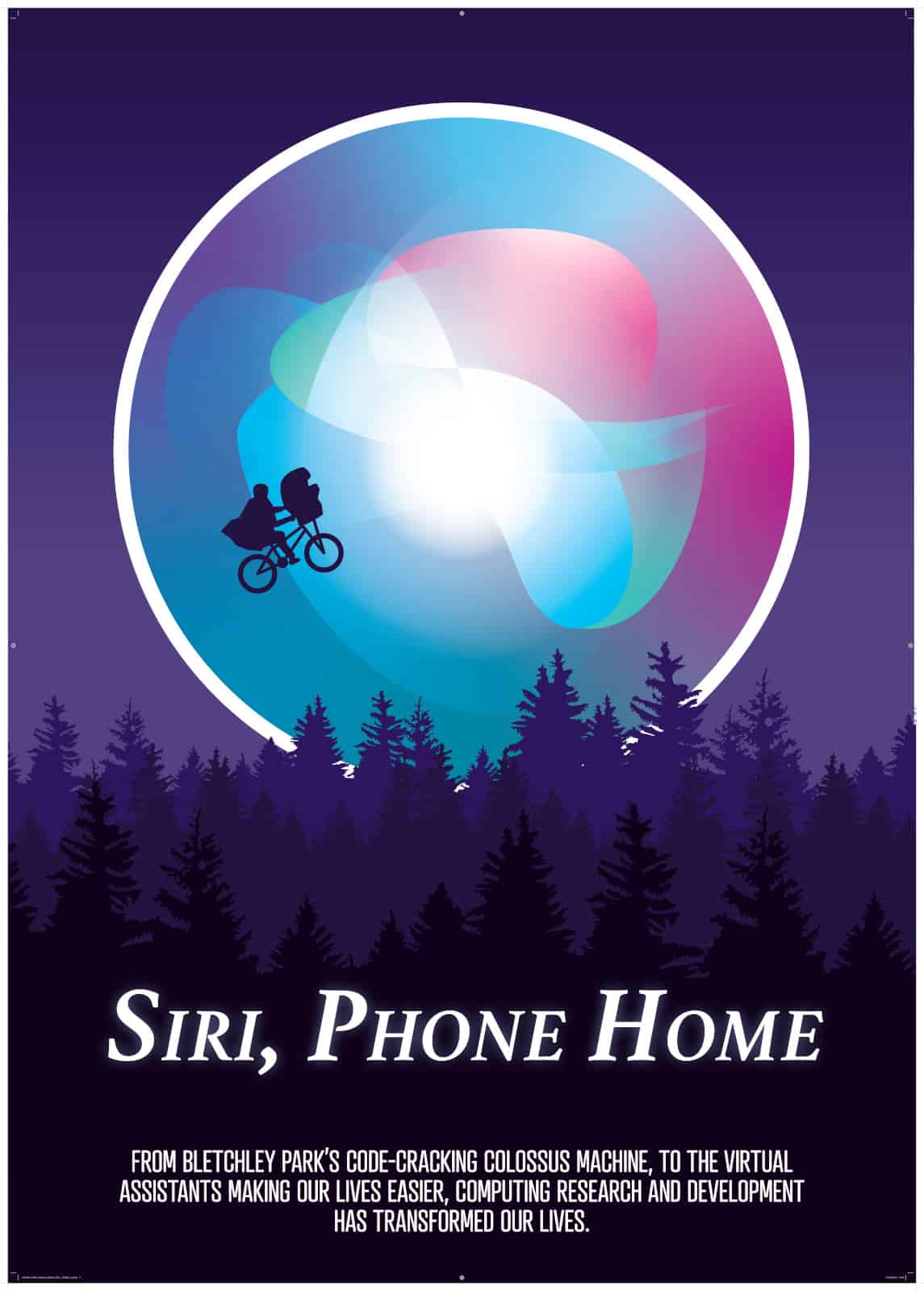
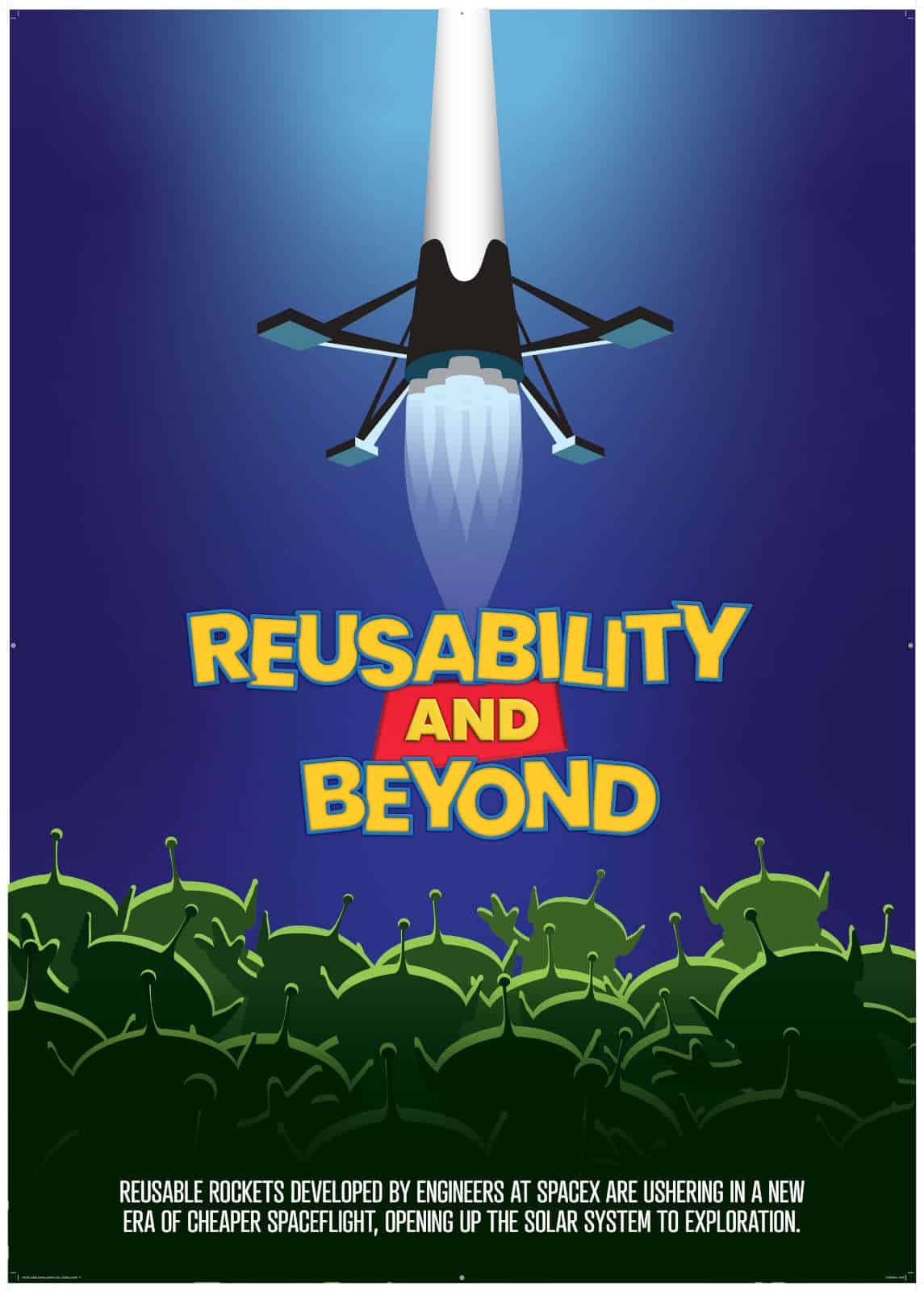
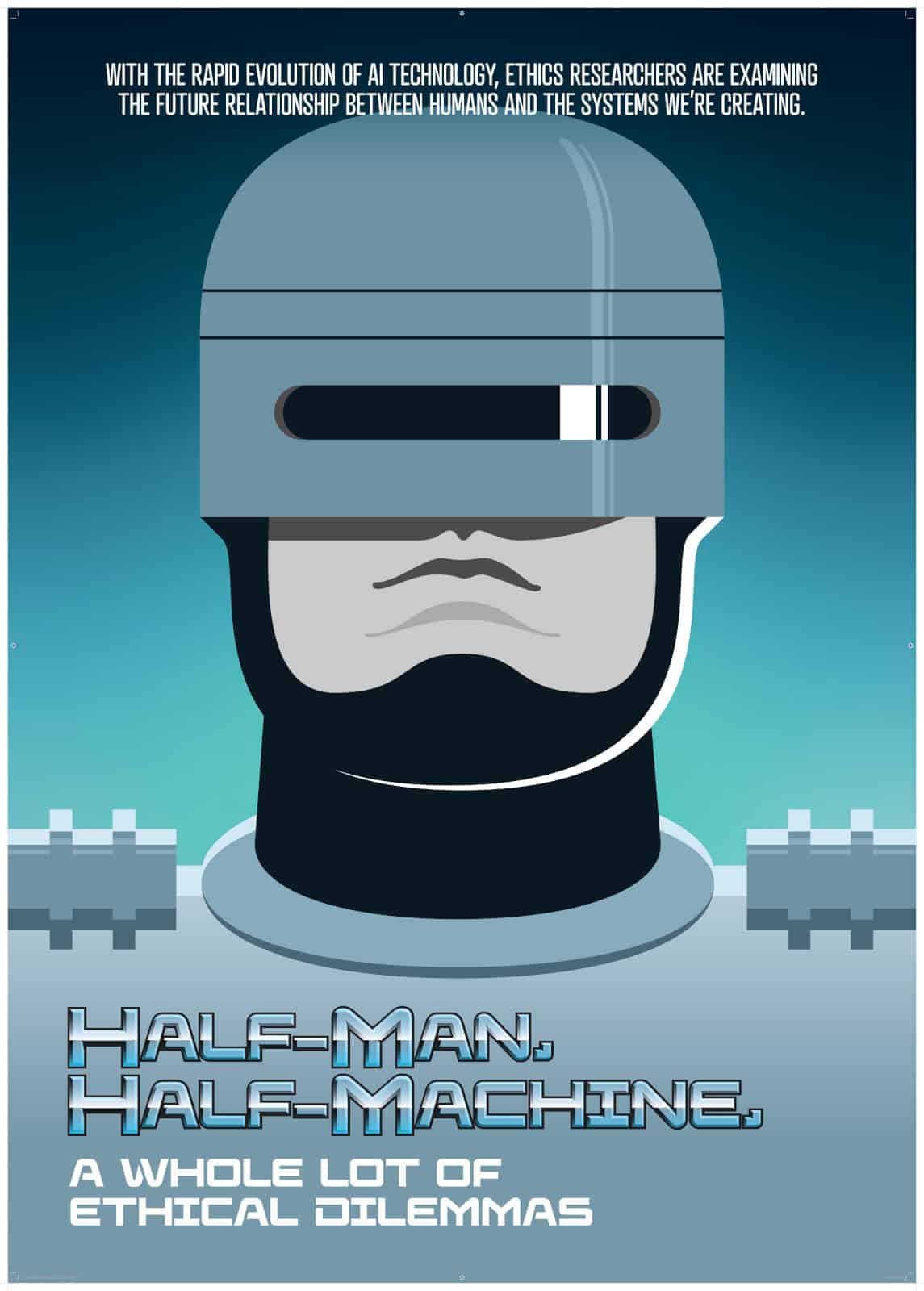
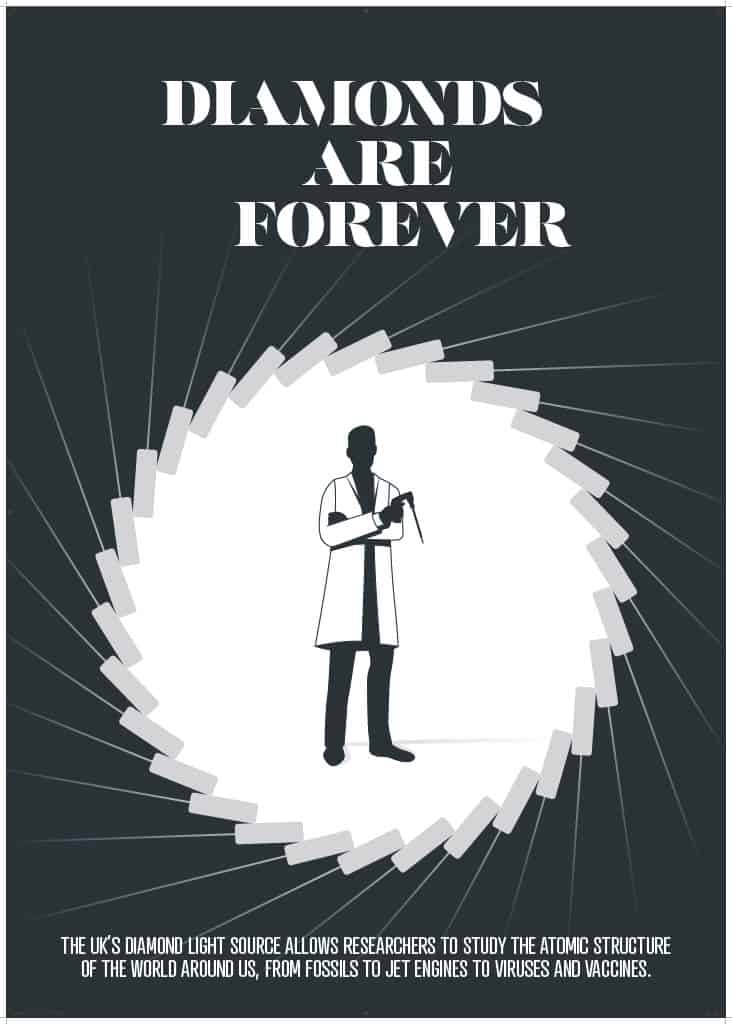
Lecture Summary
Kim opened by emphasising the need to bring the public along on Britain’s journey to becoming a science-positive, R&D-intensive, innovation-focused nation. This would help attract the growing science-qualified workforce that would be needed, and ensure that R&D was more secure as a political priority.
The sector must challenge itself to communicate better with people who choose not to be scientists, Kim said. As R&D investment increases, more people will ask why it’s a priority and the answer needs to make sense to everyone – “In a poorer Britain facing tougher choices, we need to make sure the benefits of science are visible.”
Kim used the lecture to reflect on her time at the BBC, where she helped to put working scientists on the TV. Over time, science has become less “other” to many people, but there is little room for complacency. Progress is now needed to show that science is a “must have”, not a “nice to have”.
Drawing on CaSE’s Discovery Decade data, published on the same day as the lecture, Kim noted that the sector needs to be better at reaching young adults; CaSE’s research shows that this group are more likely to feel disconnected from the benefits of R&D.
But there is also much to build on: the Discovery Decade research shows the power of local stories, and that people are open to hearing more about R&D. Advocates should not miss these opportunities.
Kim ended the lecture by urging advocates to work together to show that R&D investment translates into real world benefits for real people, and give people a sense of agency in the major political and economic choice facing the nation.
In the Q&A session that followed, Kim answered a range of questions from the audience. She reflected on the power of connecting people to science in the real-world – through their hobbies and leisure time, such as the work of the BBC’s Springwatch to bring data collection into people’s gardens.
Kim discussed how the creative industries – a diverse collection of organisations and ambitions – had worked together to create a clearer public image. She recognised that this cooperation could feel daunting, but that it could ultimately generate wins for everyone – allowing a coordinated message to cut through in a crowded public arena.
Reflecting on the choice of language used by the sector, Kim noted that some commonly used terms were further back on the “curve of approachability”. She highlighted “science” in particular, as a term that leans more on ‘wonder’ and offers less tangibility.
Kim drew attention to Germany and Estonia as just two examples of places where science felt more embedded in daily life, and which might offer some lessons for the UK. She felt that a lingering sense of ‘other’ around science in the UK meant the country was starting with a cultural disadvantage, but she felt that overcoming this barrier would create a space for serious, long-term policy discussion about R&D.
To help the R&D messages cut through, Kim highlighted the Discovery Decade data showing that voices from within the sector were well-trusted by the public to talk about public investment. She highlighted the power of local connections, recalling a focus group conversation about the development of graphene in Manchester and how this had sparked interest and excitement.
Asked about the impact of the Government’s ‘Science Superpower’ tagline, Kim said that the data suggested it wasn’t proving popular with the public – and that this framing, focused on international competition, just didn’t move the dial for lots of people. But she reinforced that the international dimension still mattered in how the sector presented R&D, and we should aim to create a demand for R&D to be happening in the UK, rather than a belief that the UK could simply ride on the coattails of other nations when it comes to new technologies and discoveries.
Kim wrapped up the session by urging all researchers to treat communication – at least at a basic level – as a non-negotiable skill for their work. She hoped all disciplines could find ways to connect their work to the public’s concerns, even if the impacts might be many years away. And, finally, she encouraged R&D advocates to make the public part of the R&D process, ensuring that people feel a genuine ownership over how R&D is being used to tackle society’s problems.
